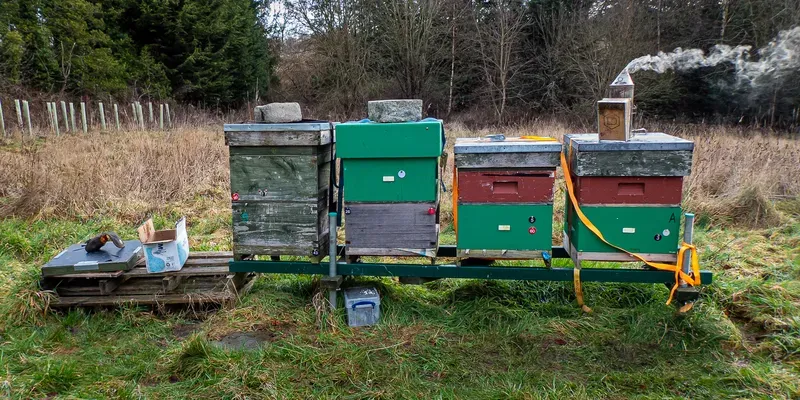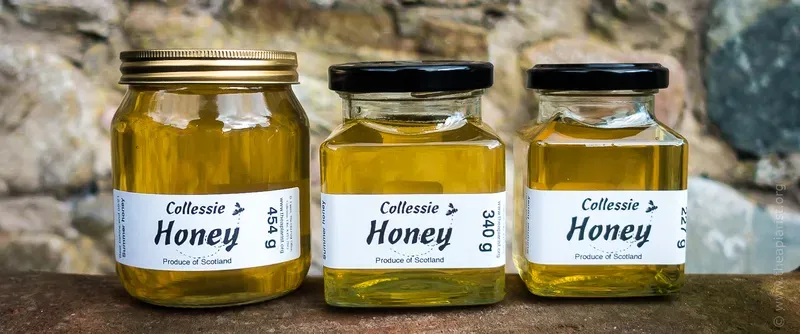So, you want to be a beekeeper?

Congratulations.
Good decision 😄.
Beekeeping is a wonderful hobby.
There's a lot to recommend it; it's relatively inexpensive to start, training is usually widely available, it involves an invigorating combination of hard work, practical skill, observation, insight and understanding, and - if you manage all that - your bees should produce some delicious honey that is better than anything available in the supermarket.
In fact, if you get that lot right, and you're blessed with suitable weather (for bees) and have lots of local forage (pollen and nectar), then you'll get more honey than you'll know what to do with.
A strong, healthy hive, in a good area, properly managed by a careful beekeeper, might produce 30-40 kg of honey.
Every year.
Honey and hive products
I love honey.
I have it on toast, on parsnips and on gammon, and I have it with my porridge every morning. However, even I would struggle to get through 30 kg a year (perhaps ~90 jars). And, for a variety of reasons, I recommend that a beekeeper has a minimum of 3 hives.
In a good year these hives will produce a lot of honey.

So, the excess can be used for presents (Christmas and dinner party gifts are never a problem; good, local honey is unfailingly popular) or sold to offset some of those 'relatively inexpensive' costs I mentioned in the opening paragraphs.
And, if you're making honey, then you're probably also making (or producing as a by-product) wax and propolis. The wax can be used to make candles, or wraps, or cosmetics. The propolis - and we're getting a bit more specialised here - is used to produce tinctures.
Don't forget mead ... honey is used as sugar in the production of mead, a drink that has been enjoyed (an adjective that, unfortunately, is never applied to my mead) for millennia.
And, inevitably, those strong, healthy hives will also produce excess bees which you can use to expand the numbers of hives you manage, or can be sold (or given) to other beekeepers.
Count your pennies ... because that's all there might be
All of which means that beekeeping, unlike many other hobbies and pastimes, can sometimes be cost neutral, and might even be profitable in a good year.